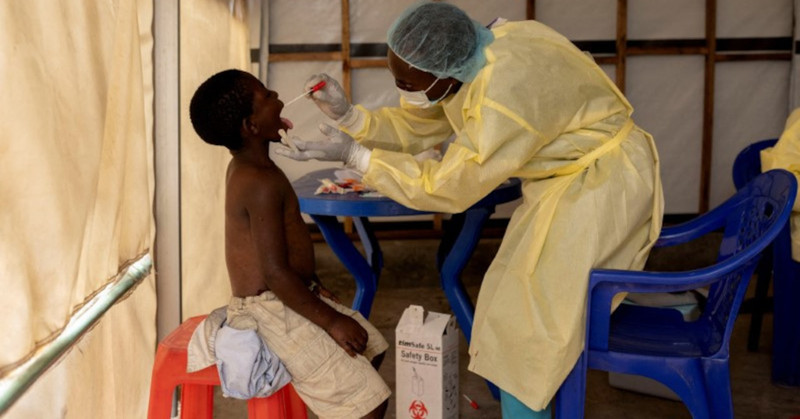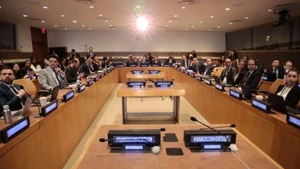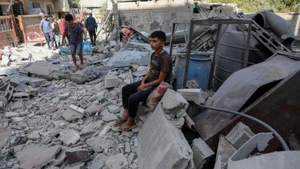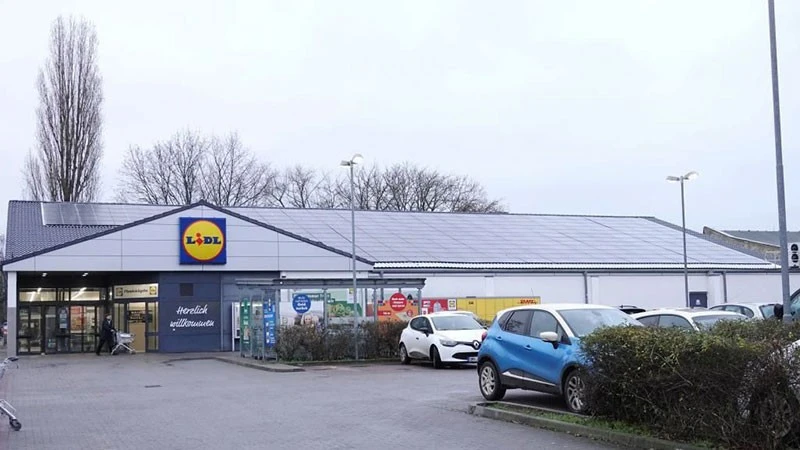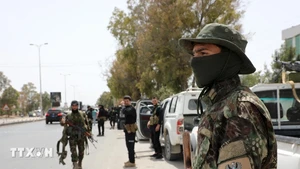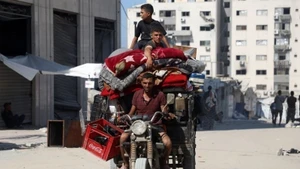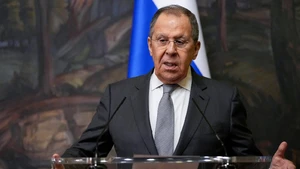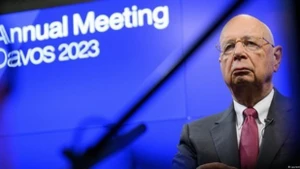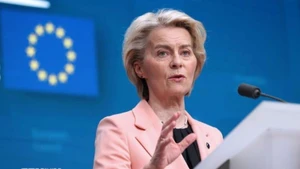The European Commission recently announced plans to cooperate with Belgium, Germany and Portugal to provide 122,300 doses of the mpox vaccine to the Africa Centers for Disease Control and Prevention (CDC).
This is part of the European Union and its member states’ overall commitment to provide 580,000 vaccine doses to the Africa CDC. Previously, about 899,000 vaccine doses were allocated to nine African countries hardest hit by mpox through the World Health Organisation (WHO) and other health organisations.
Like the COVID-19 pandemic, the key to overcoming mpox globally lies in solidarity and sharing. In August 2024, the WHO launched a global campaign called “Strategic Preparedness and Response Plan” to contain monkeypox, which will be implemented from September 2024 to February 2025 with a budget of 135 million USD.
Multiple international organisations and countries have committed financial support to help Africa respond to this epidemic. Sania Nishtar, CEO of the vaccine alliance Gavi, observed that lessons learned from the COVID-19 pandemic have helped the world better address the mpox outbreak raging in Africa.
The COVID-19 pandemic previously revealed that the international community was not prepared to respond to a global health crisis while also exposing weaknesses in healthcare systems, including inequality in vaccine access. It was a paradox that some places had such a surplus of COVID-19 vaccines that they had to discard expired doses, while others lacked vaccines to save their citizens’ lives.
When waves of mpox outbreaks erupted and spread rapidly worldwide in 2022, many global health officials worried that mistakes from the COVID-19 vaccine race would be repeated with mpox and urged global unity to ensure Africa would not be left behind.
While the world has raised its vigilance and solidarity against mpox, multiple factors continue to hinder efforts to control the epidemic in Africa. The Africa CDC warns that testing and disease surveillance in some countries still face difficulties due to a lack of equipment and resources. For example, in the Democratic Republic of the Congo (DRC), mpox testing capacity remains very limited.
According to WHO reports, only about 40% of total suspected cases in the DRC were tested from early 2024 to mid-September due to limited access to testing in remote areas. Approximately 55% of tested cases returned positive results.
The emergence of more and more mpox virus strains further complicates the situation. In Central Africa, health experts have recently discovered that the clade Ia strain, previously only transmitted from animals to humans, shows signs of evolving to enable human-to-human transmission.
Dr Placide Mbala from the National Institute of Biomedical Research in Kinshasa, DRC, states that we have witnessed virus evolution with Ebola and COVID-19, and we expect to see this happen with mpox.
If Africa is not safe, the rest of the world will not be safe either. After the world’s long struggle against the COVID-19 pandemic, the lessons we learned from this pandemic serve as an important foundation for effectively responding to other health threats, including the current monkeypox outbreak.
Close cooperation between countries not only helps control the disease but also stabilises economic and social conditions in each nation and globally.
